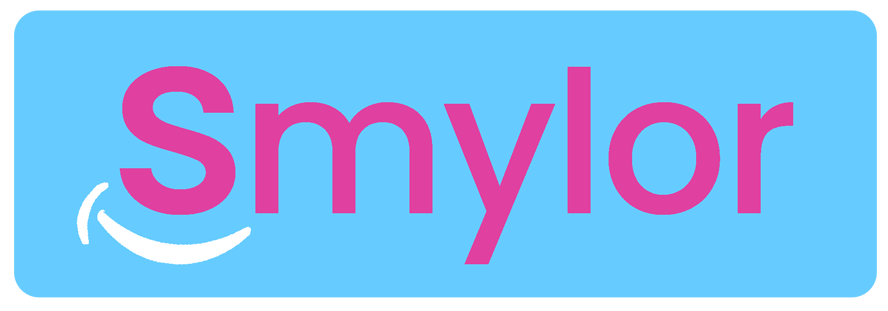How Should Dental Software Handle Ethics and Security?
Building software for the dental industry isn’t just about writing code that works, it’s about creating systems that protect patient data, support clinical workflows, and uphold ethical standards. If you think that’s easy, try explaining to a dentist why an algorithm can’t magically fix a double-booked appointment. So how do engineers actually build ethical dental software? Let’s break it down.
Understanding the Dental Environment
The first step is understanding the environment the software will operate in. Dental clinics handle sensitive patient information, including medical histories, insurance data, and treatment records. Engineers must navigate regulatory frameworks like GDPR, ensuring that patient data is secure and privacy is protected.
Beyond compliance, software must support everyday clinic operations. Scheduling, billing, and treatment planning need to be precise. Engineers design systems to anticipate errors, like double-booked appointments or misfiled records, because if the software can’t handle real-world chaos, the humans end up in chaos too. It’s like giving someone a calendar that keeps erasing itself. Frustrating for everyone.
Designing Reliable and Secure Systems
Reliability and security are cornerstones of ethical software. Dental software must handle large volumes of sensitive data without crashing or corrupting records. Engineers implement robust testing, error handling, and resilient architectures to prevent failures that could disrupt patient care or billing.
Security measures like encryption, secure authentication, and regular vulnerability assessments protect sensitive patient information. Think of it as sterilizing dental tools: skip it once, and everyone notices. A secure system is not just good practice, it’s an ethical obligation.
Prioritizing Usability and Human Factors
Even the most sophisticated software is useless if the staff can’t use it. Dentists, hygienists, and administrative personnel are experts in dental care, not coding. Engineers design interfaces that are intuitive, efficient, and reduce the chance of human error.
Ethical software also means considering the human element. Confusing software can lead to mistakes in scheduling, billing, or treatment records, which ultimately affect patient care. Engineers are responsible for creating tools that empower, rather than frustrate, the people who use them. And let’s face it, if your software is too complicated, the receptionist isn’t going to fight with it, they’re going to fight with you.
Collaborating Across Disciplines
Building ethical dental software requires collaboration. Engineers work closely with clinicians, administrative staff, and sometimes patients to understand workflows, pain points, and real-world constraints. The best algorithms are worthless if no one can use them correctly.
Clear communication ensures that technical solutions match practical needs. You might have designed the perfect scheduling algorithm, but if the front desk can’t navigate it, you’ve basically invented a very expensive paperweight. Ethical engineering means bridging the gap between technology and practice.
Integrating Ethics Into Design
Ethics must be embedded into every stage of development. Systems should protect patient privacy, prevent unnecessary treatments, and avoid biases in AI-driven diagnostics or scheduling tools. Even subtle biases can lead to unequal treatment or erode trust in the clinic.
Engineers must proactively audit, test, and refine their systems, ensuring fairness, transparency, and accountability. Every design decision is an ethical one: how data is collected, how algorithms prioritize recommendations, and how patient outcomes are considered. Ethical dental software isn’t just about following laws, it’s about doing what’s right for patients.
Continuous Learning and Adaptation
The dental industry evolves constantly, and so must the software. Engineers need to stay informed about new treatments, updated regulations, and emerging cybersecurity threats. Continuous learning ensures that systems remain compliant, secure, and effective.
Think of it like brushing and flossing your professional skills: it may feel routine, but skipping it leads to problems that are way more painful later on. Regular updates and improvements maintain both patient safety and trust.
So, how do engineers build ethical dental software? They start by understanding the dental environment, design reliable and secure systems, prioritize usability, collaborate across teams, integrate ethics into every decision, and commit to continuous learning.
You’re building systems that manage appointments, billing, and treatments, things that everyone takes for granted…until they fail. When ethical dental software works, no one notices. When it fails, everyone notices at once. The challenge and the reward are the same: creating technology that seamlessly supports dental professionals so they can focus on what they do best: keeping smiles healthy.
Get the Right Dental Software for Your Practice
Choosing ethical and reliable dental software doesn’t have to be overwhelming. If you’re looking for a solution designed with dentists in mind: secure, user-friendly, and ethically built, our team can help. Contact us today to explore software options that support your practice, protect your patients, and streamline your workflow.
Dental Clinics Near You
Book a Dental Treatment
Our Smylor dental marketplace allows you to review and request bookings from 100s of dentists near you. Currently available in Switzerland (Zürich & Zug) and Germany (Köln, Düsseldorf and Bonn).
Click on your region.


